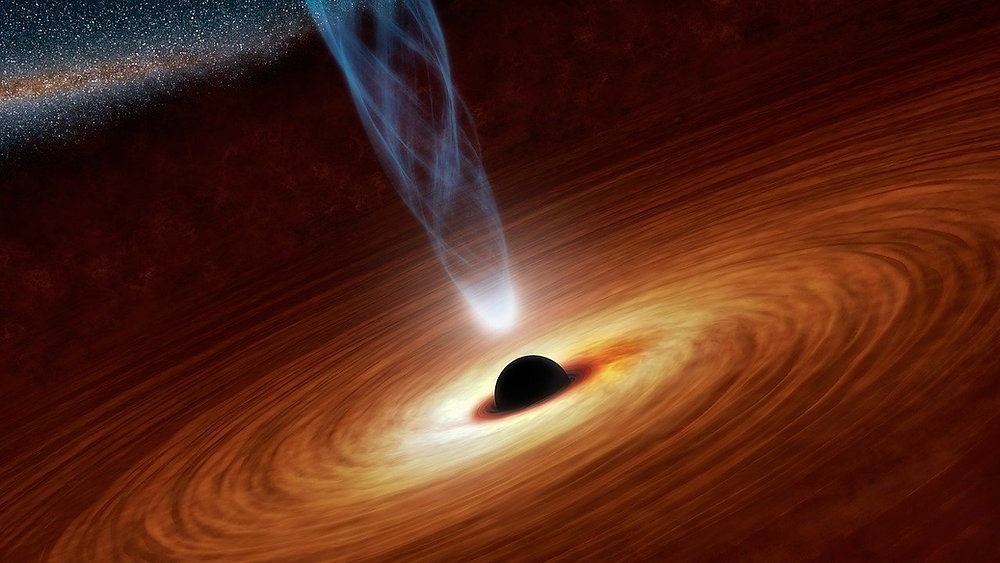With the recent launches of private rockets into space by companies like Blue Origin, Virgin Galactic, and SpaceX, more and more attention is being given to the prospect of space travel. News outlets are predicting luxury hotels will soon be floating in space, and plots of land are already being sold on other planets in anticipation of future terraforming.
In reality, there are numerous obstacles to overcome before making the jump to another planet, or living in space. NASA has created a list of the 5 hazards humans are most likely to encounter with space travel. Distance from earth, lack of gravity, hostile environments, and isolation are all serious problems that must be taken into account when discussing space travel. However, the number one hazard on the list, a danger that is impossible to see and difficult to combat, is space radiation.
Image from David Mark on Pixabay
Space radiation is different from the kinds of radiation normally experienced on Earth, such as x-rays or gamma rays. It affects human DNA, cells, and tissues in ways that are still being studied and understood. Exposure to space radiation can cause cataracts, cancer and damage to the central nervous system, as well as long term side effects. To protect the health of astronauts and others entering space, it’s important to reduce the risk of danger from space radiation. But how can that be done, and what methods are most useful?
Nugevity Chief Scientist Carlos A. Montesinos, along with researchers from Baylor College of Medicine, Rice University, Northern Ontario School of Medicine, and other notable institutions, worked together to identify and summarize the current protective measures available to reduce the risk of harm from space radiation. The scientific review, which was just released, proposes new countermeasures for protecting against space radiation based on recent advances in nutrition, pharmacologic, and immune science.
“We’re excited to be engaged in research that will help our astronauts, and possibly other space travelers, avoid the dangers of space radiation,” said Carlos A. Montesinos, Chief Scientist and Managing Director of Nugevity. “We’re at a point in history where space travel is becoming more and more of a real possibility, and it’s important to know what dangers we might face, and how to mitigate long-term damage from those exposures.”
Read the full article Space Radiation Protection Countermeasures in Microgravity and Planetary Exploration




